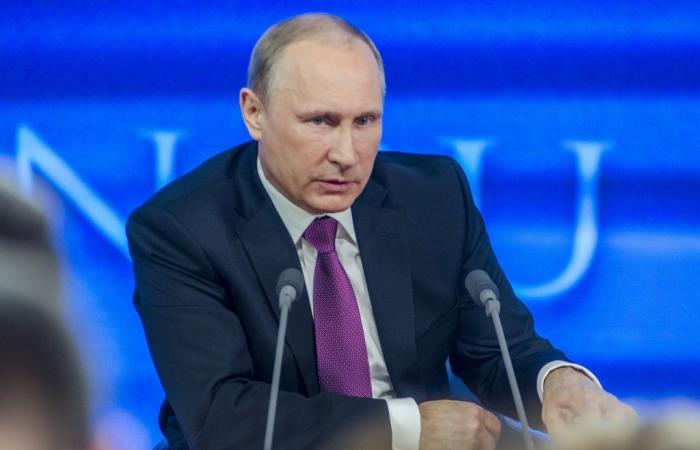A mutual assistance and support pact in the event of war as well as a mutual commitment against any Western neocolonialist practice: this establishes the new strategic military treaty that now binds North Korea to Kim Jong Un and Russia’s Vladimir Putin, born following the meeting last June 19th. An agreement of “strategic partnership” therefore, which by appealing to art.51 of the UN Charter and “the laws of DPRK and the Russian Federation”, binds them to use “any means” in the event of war and sees them once again close in the fight against Western logic.
The signing of the treaty comes at a time of strong tensions at an international level: on the one hand Putin, who is wanted by the International Criminal Court for war crimes – in particular for the deportation of tens of thousands of Ukrainian minors and infants – is losing his edge and credibility in the war against Ukraine, on the other the North Korean leader, Kim Jong-un, subjected, since 2006, to a regime of sanctions by the United Nations for his banned weapons programs. During the meeting, Putin said that the two countries will not tolerate “blackmail” Western and called for a review of the United Nations sanctions on North Korea: “The indefinite restrictive regime inspired by the United States and its allies in the UN Security Council towards North Korea should be reviewed“Putin said.
The Kremlin called the new agreement “a truly revolutionary document“. The commitment to military cooperation acts as a glue for broader strategic cooperation, which also includes a strengthening of the economic, cultural and humanitarian ties between the two countries and which sees the renewal of the treaty of friendship and mutual assistance of 1961 – between the North Korea and the former USSR – in which the provision on automatic military intervention in mutual support “without hesitation” was introduced in the event that one side found itself under attack. The new treaty will therefore replace the bilateral agreements signed so far by the two countries, such as that of 2000, focused on cooperation in non-military sectors in addition to the Moscow and Pyongyang Declarations of 2000 and 2001.
Vladimir Putin’s visit to Pyongyang, the first in 24 years, ended with great enthusiasm on Kim’s part and with an invitation to “dear comrade Kim Jong-un” to go to Moscow from Putin. The implications at the international level could be important, especially because the alliance necessarily brings back memories of the Cold War, with Moscow supporting North Korea and the US allied with South Korea. It is difficult for analysts to consider the agreement as a real mutual aid treaty, at least until the complete text is known, but the intention to (re)create a coalition opposed to the West is clear, not only towards the ‘Europe but also towards Biden’s America. Currently, Washington and its allies have expressed growing concerns as they accuse North Korea of providing munitions and missiles to Russia in its war on Ukraine in exchange for economic assistance and technology transfers that could increase the threat of nuclear weapons and the Kim’s missile. In this regard, it will be interesting to grasp the repercussions that this alliance will have in the new US presidential elections, 5 months after the vote, in particular in the event of a new victory for Donald Trump (found guilty of all 34 charges in the Stormy Daniels case. The first TV debate with Biden on CNN on June 27).






